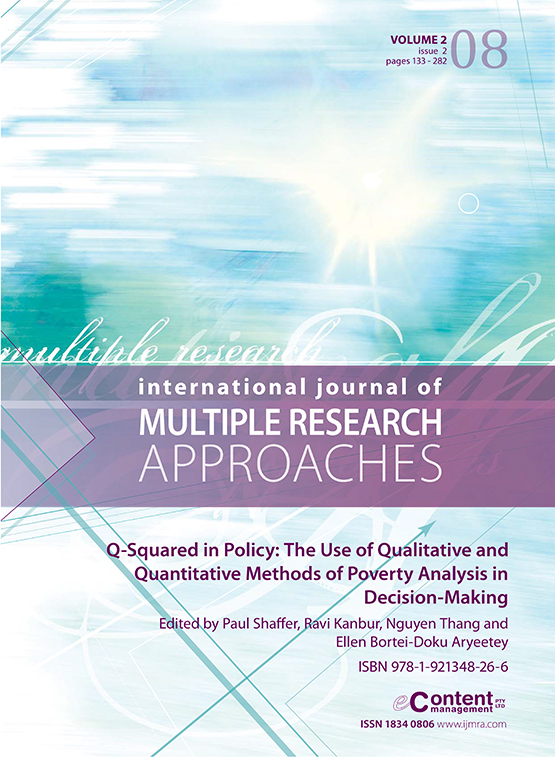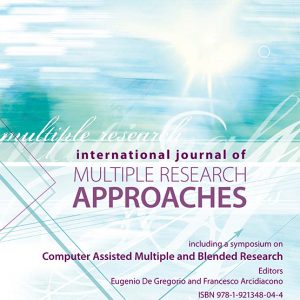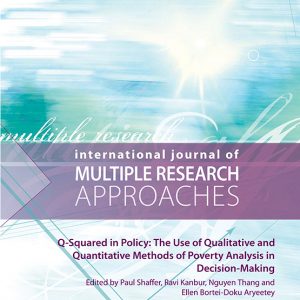2(2).02. Whose numbers count? Probing discrepant evidence on transgenic cotton in the Warangal district of India
$30.00
Description
Whose numbers count? Probing discrepant evidence on transgenic cotton in the Warangal district of India
RONALD J HERRING
Department of Government, Cornell University, Ithaca NY, USA
ABSTRACT
The relationship between poverty and transgenic agricultural crops has created a global rift in development studies. Some, but not all, questions in this debate should be amenable to empirical treatment. Field studies have generated divergent numbers on yields and other agronomic outcomes. Studies from India come to diametrically opposed findings about Bt cotton: either the technology is scale-neutral and profitable for farmers of all size classes, or produces rural catastrophe – reaching the characterization ‘genocidal’ in one prominent critique. This essay suggests a method learned from field investigation of data volatility across studies in the most controversial district in India. The method involves a multi-disciplinary team concentrating on plausible mechanisms for data distortion at the field level. Interpolating among studies and field results, this essay concludes that widespread reports of ‘the failure of Bt cotton in India’ – on agronomic, economic and environmental grounds – are not sustainable scientifically but do have plausible origins in methodology and in interests connected to the contentious politics around ‘GMOs’ globally.
Keywords: poverty; Bt cotton; biotechnology; Warangal district, India; qualitative methods; GMOs, contentious politics, NGOs


